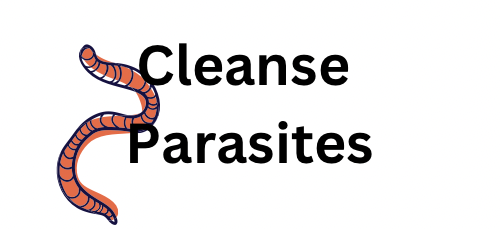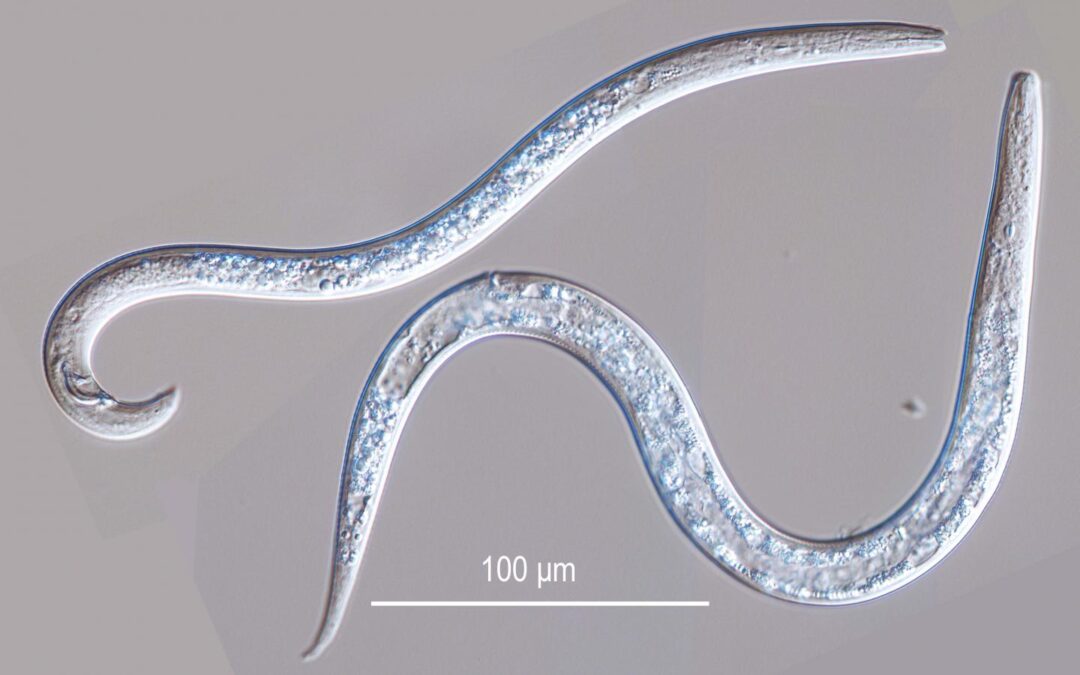5 most common stomach worms and symptoms they cause in humans
What are the 5 most common stomach worms and symptoms they cause in humans?
Stomach worms are a group of parasitic worms that can infect the human digestive system. These parasites are often found in contaminated food, water, or soil, and can cause a variety of symptoms once they get out of control. In this article are the five most common types of stomach worms in humans, the symptoms they cause, stomach worm detox products for sale, and some preventive measures that can be taken to avoid infection. Understanding the risks and symptoms associated with stomach worms is essential for maintaining good health and preventing health issues.
Introduction to stomach worms
Stomach worms are a type of parasite that can infect the human digestive system including stomach and intestines. These worms can cause a range of symptoms, from mild discomfort to serious and life-threatening conditions if left untreated. In this article, we’ll explore the five most common types of stomach worms that can infect humans, their transmission, symptoms they cause, and treatment options.
Transmission of stomach worms to humans
Stomach worms are typically transmitted to humans through contaminated food or water. In areas where sanitation is poor or hygiene practices are inadequate, the risk of infection is higher. Some species of worms can also be transmitted through contact with infected soil, animals, or feces. Travelers to developing countries or those who consume undercooked meat or fish are at higher risk of infection.
The 5 most common types of stomach worms in humans
Roundworms (Ascaris lumbricoides)
Roundworms are the most common type of stomach worm infection in humans, with an estimated one billion people infected worldwide. They can grow up to 35cm in length and are typically transmitted through contaminated soil or food. Symptoms of roundworm infection include abdominal pain, nausea, vomiting, and diarrhea.
Hookworms (Necator americanus and Ancylostoma duodenale)
Hookworms are another common type of stomach worm infection, particularly in developing countries with poor sanitation. They are typically transmitted through contact with contaminated soil or feces. Symptoms of hookworm infection include anemia, fatigue, abdominal pain, and weight loss.
Whipworms (Trichuris trichiura)
Whipworms are another parasitic worm that can infect the human digestive system. They are transmitted through contaminated food or water and can cause symptoms such as diarrhea, abdominal pain, and weight loss.
Tapeworms (Taenia saginata and Taenia solium)
Tapeworms are a type of flatworm that can infect the intestines of humans. They are typically transmitted through consuming undercooked meat or fish. Symptoms of tapeworm infection include abdominal pain, nausea, vomiting, and diarrhea.
Threadworms (Strongyloides stercoralis)
Threadworms are a type of parasitic worm that can live in the small intestine of humans. They are typically transmitted through contact with contaminated soil or feces. Symptoms of threadworm infection include abdominal pain, diarrhea, and a skin rash.
Symptoms caused by stomach worms
General symptoms of stomach worms infection
The general symptoms of stomach worm infection include abdominal pain, skin rashes, brain fog, nausea, vomiting, food cravings, diarrhea, and fatigue. In severe cases, stomach worms can cause anemia, malnutrition, irrational behavior, and weight loss.
Symptoms specific to each type of stomach worm
Each type of stomach worm infection can cause unique symptoms. For example, roundworms can cause abdominal obstruction, while hookworms can cause anemia and fatigue. Tapeworms may cause itching around the anus, and whipworms can cause rectal prolapse.
Diagnosis and treatment options
Diagnostic tests for stomach worms infection
Diagnosis of stomach worm infection typically involves a stool sample test, which can detect the presence of worm eggs in the feces. Blood tests may also be conducted to determine if a person has anemia. In most countries in the world it is common knowledge to eat foods that remove parasites and eggs from the body at least 2-4 times per year.
Treatment options for stomach worm infections
Buy our herbal parasite detox powder. Treatment options for stomach worm infections also can be specific antiparasitic medications, such as fenbendazole or albendazole, Ivermectin or parasite-killing foods such as Garlic, Ginger and Apple Cider Vinegar. In severe cases, hospitalization may be necessary to manage complications such as anemia or malnutrition. Prevention of stomach worm infections involves practicing good hygiene, drinking clean water, washing fruits and vegetables well, consuming properly cooked food, and avoiding contact with contaminated soil or feces.
Prevention of Stomach Worm Infections
Stomach worm infections can cause discomfort and serious health problems. Here are some ways to prevent stomach worm infections:
Good Personal Hygiene Habits
Wash your hands regularly with soap and water, especially before eating, after using the toilet, and after coming into contact with soil or animals. Avoid close contact with infected people or animals.
Safe Food Handling and Preparation Practices
Make sure to cook meat, poultry, and fish thoroughly to kill any potential parasites. Wash fruits and vegetables thoroughly before consuming them. Avoid eating raw or undercooked meat, seafood, or eggs. Be cautious of food and water sources when traveling to areas where stomach worms are common.
Environmental Sanitation Measures
Keep your living environment clean and hygienic. Sanitize surfaces and objects regularly to reduce the risk of infection. Properly dispose of feces and avoid open defecation. Control insect and rodent populations in and around your home.
By practicing these preventative measures, you can significantly reduce your risk of contracting stomach worm infections. Remember to always seek medical attention if you suspect you have been infected, as early diagnosis and treatment can improve outcomes. Stomach worm infections can cause a range of symptoms, from mild discomfort to severe illness. Early diagnosis and treatment can help prevent complications and reduce the risk of spreading the infection to others. By following good hygiene practices and taking appropriate preventive measures, it is possible to reduce the risk of contracting a stomach worm infection. If you suspect that you or someone you know has a stomach worm infection, seek medical attention right away to prevent the infection from getting worse.
Frequently Asked Questions (FAQ)
Can stomach worms infect anyone?
Yes, anyone can become infected with stomach worms. However, certain groups, such as young children, pregnant women, and people with weakened immune systems, are at a higher risk of infection.
What are the most common symptoms of stomach worm infections?
Symptoms can vary depending on the type of worm responsible for the infection, but some common symptoms include brain fog, skin rashes, lesions, abdominal pain, diarrhea, nausea, vomiting, weight loss and more.
How are stomach worm infections diagnosed?
Stomach worm infections can be diagnosed through a stool sample analysis or through blood tests. Your doctor may also perform a physical exam to check for signs of infection although it is rare that a Doctor would even consider parasites as a cause to disease because they are not trained to do so.
Can stomach worm infections be prevented?
Yes, there are several measures you can take to reduce your risk of contracting a stomach worm infection. These include practicing good personal hygiene, washing your hands frequently, avoiding contaminated food and water, and maintaining good sanitation practices. Worms are part of life and it is best to normalize doing a parasite cleanse at least 2-3 times per year.

